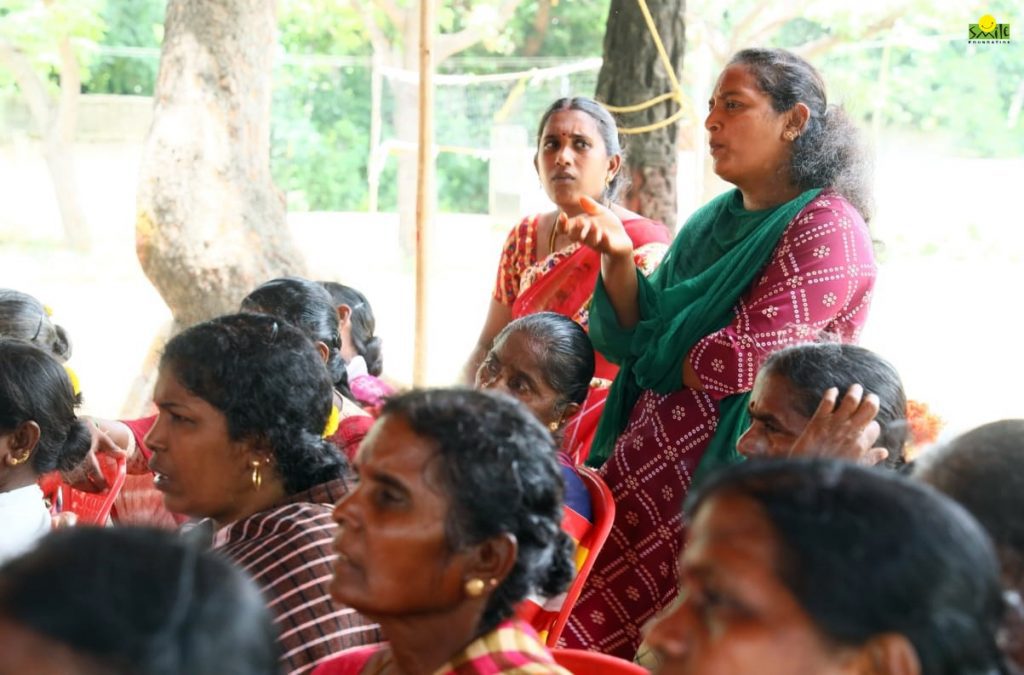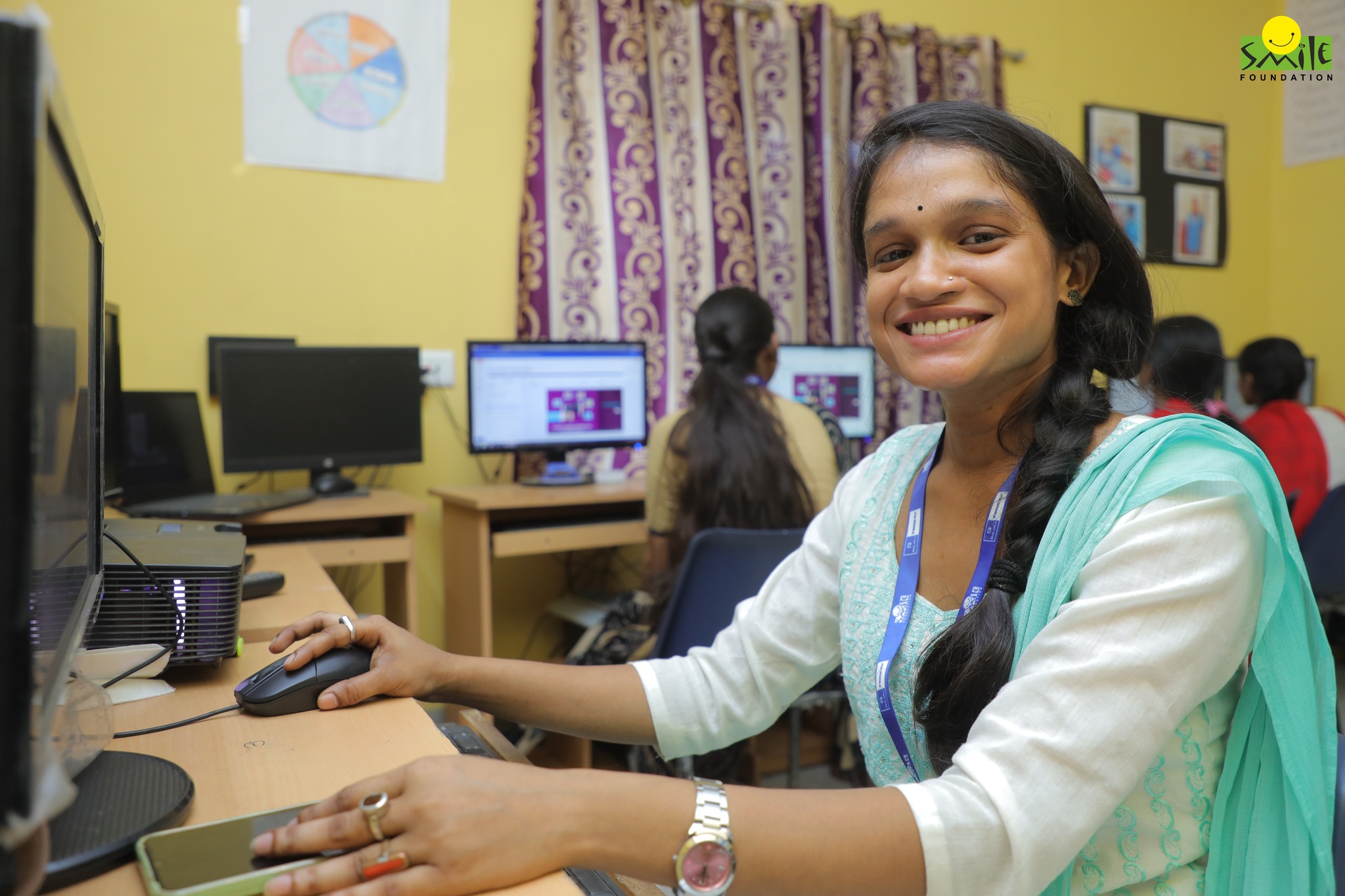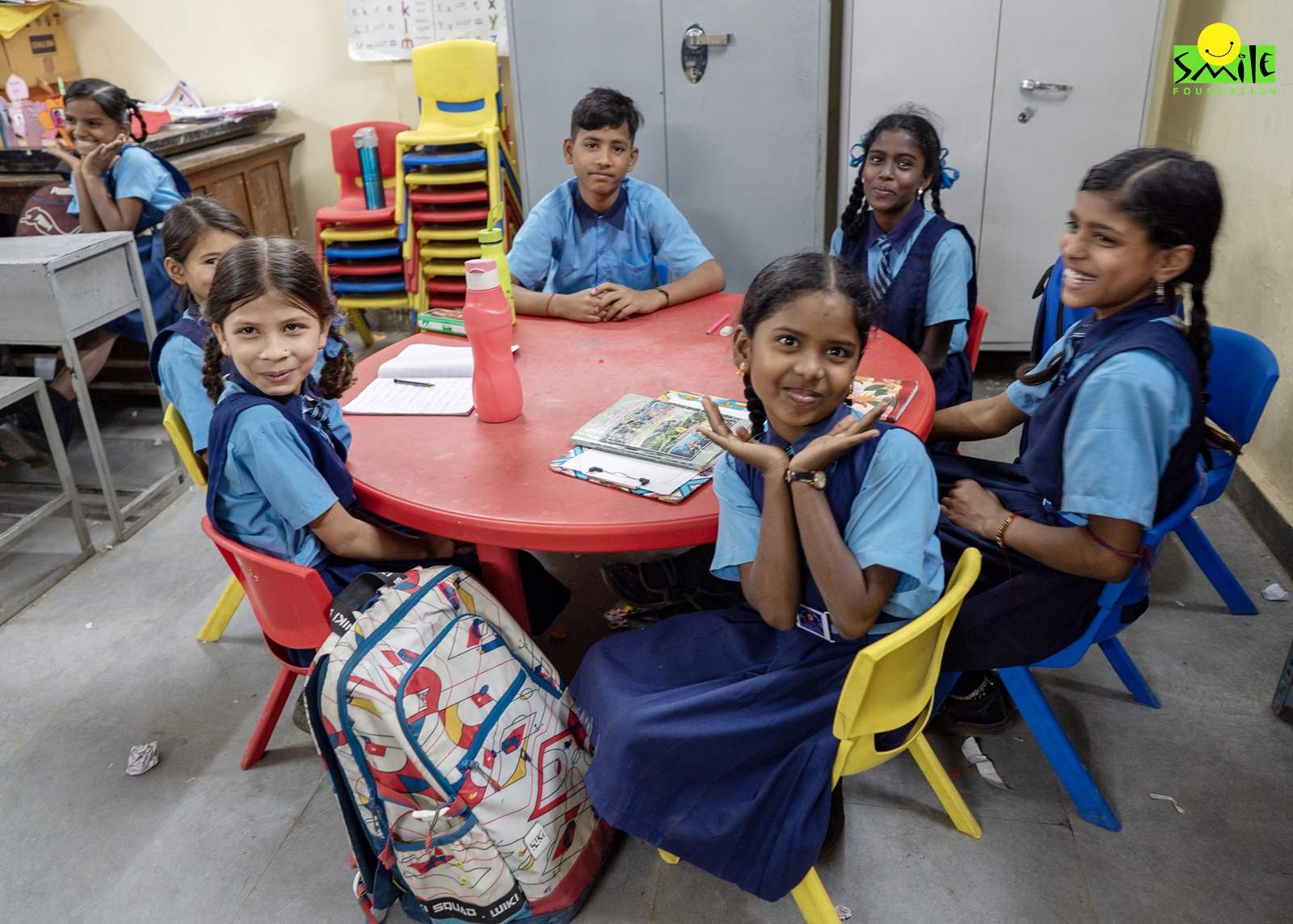Picture this– the career path of a man is a steady climb, a clear upward diagonal line that rises as he ages. It’s like a path lit by a predictable timeline. Now, when we turn our gaze to the careers of women, the picture shifts. Their paths are more like zigzag lines, full of twists and turns that don’t always sync with their age but reflect the phases they navigate through life.
Let’s delve into this journey: Imagine a world where women graduate with shining grades and dreams as vast as the sky. In India, a remarkable 45% of graduates are women, poised to conquer the world. But harsh reality often sneaks in—many discover that their families, headed mostly by men, had different plans. Instead of aiming for successful careers, their education was a path toward finding suitable husbands. It’s a heartrending realization, one that leads to early marriages soon after graduation.
This is where a fork in the road emerges. Some women decide or are told not to work; they embrace the role of homemakers. Others step into the professional realm, encountering hurdles along the way. Astonishingly, only around 17% of women graduates in India actually begin their careers. Those who tread the professional path move with caution, crafting their way amidst challenges. Just as they near a point where they can truly excel, they collide with a crucial juncture—where their career clock meets their biological clock.
Suddenly, a tough decision looms: prioritize their careers or fulfill their desire for a family. Unfortunately, in India, caregiving largely falls on women, with a mere 6-month maternity leave policy and no mandated paternity leave. The message is clear: women shoulder family care while men are expected to be breadwinners. Around 70-80% of caregiving duties in India are shouldered by women, and it won’t be surprising if the percentage is even higher. even as the male workforce participation stands at an astounding 80%.
Life, however, presents additional challenges—the other “M” factors. Besides marriage and motherhood, there’s mobility. Women often become trailing spouses as their husbands’ jobs require them to move cities or even countries. Alongside, there’s the weight of medical care. Women may leave their jobs to care for parents, in-laws, or other family members, marking a delicate balancing act.
In the end, despite qualifications and ambitions, many women end up leaving their jobs within three years. A mere 10% of educated women in India pursue long-term careers. These numbers unveil a harsh truth: while India ranks as the world’s third-largest economy, its women’s labor force participation rate remains disappointingly low. Only about 20% of women participate in the labor force overall, and even fewer, about 15%, in urban India, breaking the myth that urban women are better placed financially than rural women.
This situation underscores the untapped potential of educated, talented women. As the Indian workplace mainly supports men’s careers, it’s clear that change is essential. We need more champions for women’s careers—employers, experts, and most importantly, each other.
Employers must understand the importance of workplace equity, going beyond mere equality. Currently, workplaces are designed to cater to men, who dominate the scene. If we envision a balanced space where everyone thrives, we must re-evaluate the game’s rules—how we hire, retain, and promote individuals.
Experts should grasp the varied needs women face throughout their careers. Enhancing hard skills alone won’t suffice to propel them forward. They need training in life skills, mentorship, and guidance to navigate the complex balancing act of work and personal life.
Supporting each other is paramount. We must reshape the narrative for the women around us. After education, we should encourage them to prioritize careers and empower them to negotiate for higher positions. Post-marriage, we must expect them to continue working, contributing dual incomes. As mothers, we need to help them find support for childcare, reinforcing that career breaks are temporary, not permanent halts.
As employers, experts, and allies, supporting the careers of women isn’t enough—we must champion them. By celebrating their achievements, we become the driving force behind their success. As they soar, families, society, and the economy all stand to gain the rewards.
Smile Foudation’s women empowerment programme, Swabhiman was conceived with the idea of making the lives of women dignified through financial literacy, nutrition-enhancement initiatives and various awareness activities that position them as the runners of their own lives. We believe that the world will do better when it becomes truly gender equal with the entrenched biases and injustices against women rooted out completely in the next few years.









